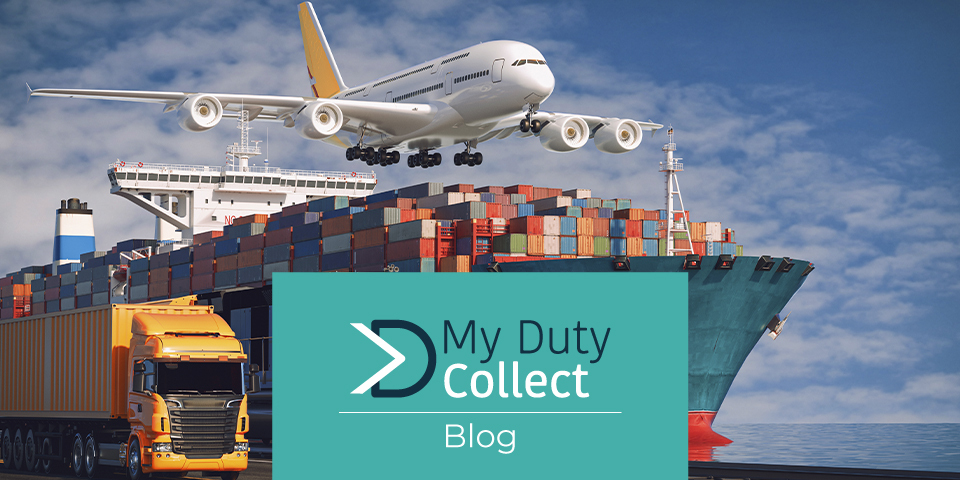Importing can sometimes be a headache if processes are not followed accordingly. When it comes to choosing the right Incoterm, things can get even more confusing, which can cause delays and bottlenecks related to the delivery of goods. What is the best option then, DDU or DDP? Check this out here.
–
READ MORE: My Duty Collect is now an IOSS intermediary
–
In case you are not familiar with the Incoterms, they are basically a list of terms, conditions and risk responsibility for buyers and sellers in the trading business, setting clearly each part’s obligations. The answer to the question is: there’s not the best option between DDU or DDP. We have a list of reasons why we believe that.
DDU stands for Delivery Duty Unpaid, which gives customs responsibilities to the BUYER.
Advantages of DDU:
- Familiarisation with customs clearance procedures;
- Less seller control of import processes;
- Supply chain visibility;
- Cheaper options.
DDP stands for Delivery Duty Paid, which gives customs responsibilities to the SELLER.
Advantages of DDP:
- No customs complications;
- Fewer risks involved;
- Better customer experience;
- No extra costs surprises.
While DDU will appear cheaper for low-value consignments, DDP is safer and can be faster. The decision will depend exclusively on the consumer’s priorities. My Duty Collect can help you out on both DDU and DDP processes. Send us a message to get more info.
Subscribe to our blog and visit our website and LinkedIn page for more updates. You can also reach out to us by sending a message to info@mydutycollect.com. We will be delighted to hear from you.
